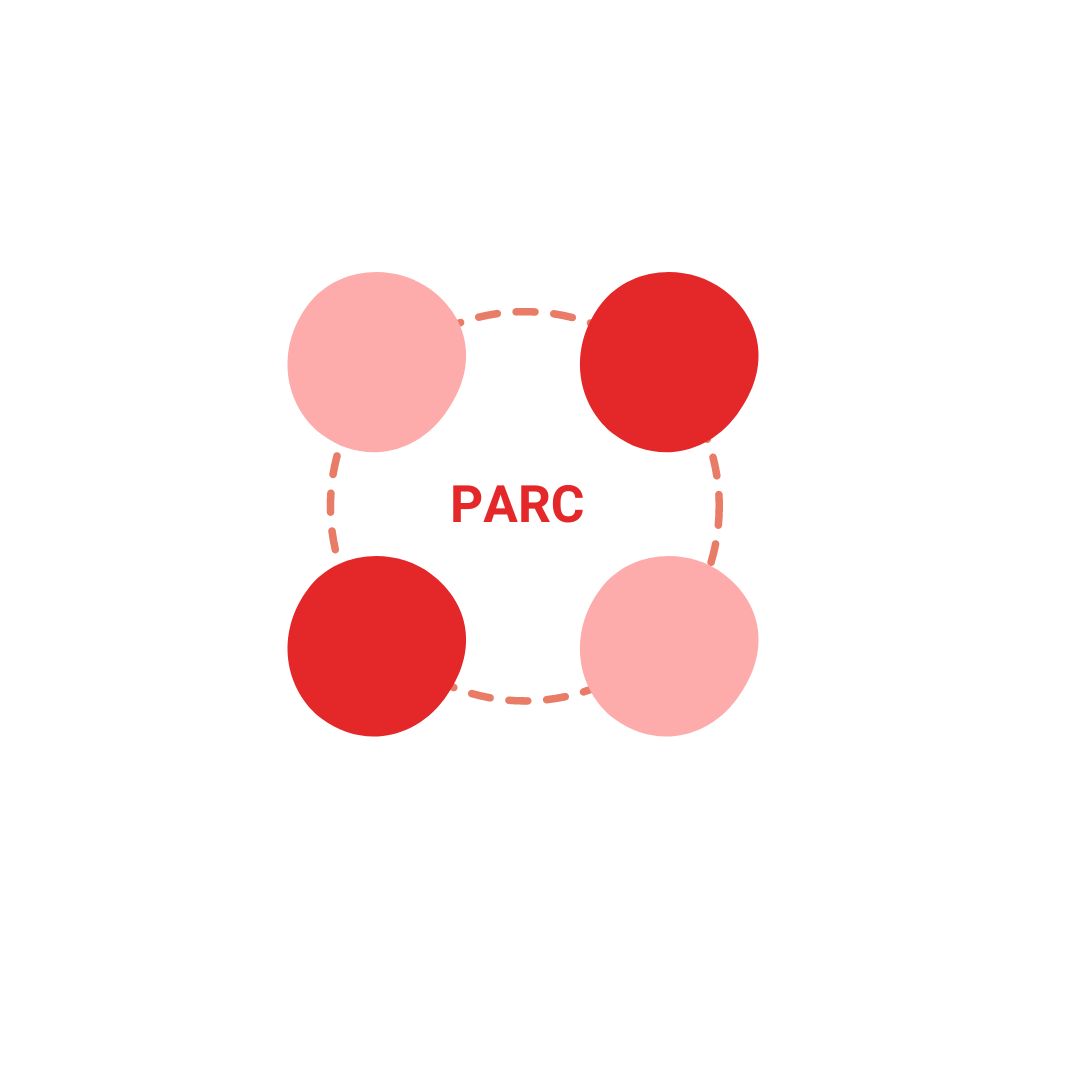In the highly competitive world of ecommerce, having your product pages rank high on search engine result pages (SERPs) is crucial for driving organic traffic and increasing conversions. To achieve this, it is essential to optimize your ecommerce product pages using effective strategies and techniques. In this article, we will explore the key parameters that need to be considered to rank ecommerce product pages on search engines. By understanding and implementing these parameters, you can enhance the visibility and discoverability of your products, leading to improved search engine rankings and ultimately, higher sales.
1. Keyword Research and Optimization:
Keyword research is the foundation of SEO (search engine optimization) for ecommerce product pages. Thoroughly researching and identifying relevant keywords and key phrases is crucial for understanding what your target audience is searching for. By incorporating these keywords naturally into your product page content, including titles, headings, descriptions, and alt tags, you can increase the chances of search engines recognizing the relevance of your page to users’ queries.
Below is an example of Made In Earth US Moldavite Necklace product page, to show how we optimised the keywords on the page

2. Unique and Engaging Product Descriptions
Creating unique, informative, and engaging product descriptions is essential for ranking well on search engines. Unique content helps search engines understand the value and purpose of your product, making it easier for them to determine its relevance to user searches. Incorporate relevant keywords in your descriptions naturally, avoiding keyword stuffing, and focus on providing valuable information that encourages visitors to make a purchase.
Below is an example of Real Moldavite product page which explains what Moldavite gemstone is all about, further it talks about the benefits of wearing a Moldavite necklace
The product page also gives details including stone origin, measures and materials. This information influences customer decision.

3. High-Quality Product Images and Videos
Visual appeal is a crucial factor for ecommerce product pages. Including high-quality product images and videos not only enhances the user experience but also boosts your SEO efforts. Optimize your images by using descriptive file names and alt tags that incorporate relevant keywords. Additionally, consider implementing video content to showcase your products in action, as videos are often prioritized by search engines and can increase user engagement.
4. User Reviews and Ratings
User-generated content, such as reviews and ratings, plays a crucial role in influencing consumer purchasing decisions. Encourage customers to leave reviews and ratings for your products, as search engines take them into consideration when determining the credibility and quality of your ecommerce product pages. Positive reviews and high ratings can boost your search engine rankings and build trust with potential customers.
Below is an example of the same product page

5. Page Load Speed Optimization
Page load speed is a critical ranking factor that significantly impacts user experience and search engine rankings. Slow-loading pages can lead to higher bounce rates and reduced conversions. To improve load speed, optimize image sizes, leverage browser caching, minify code, and choose a reliable hosting provider. Ensuring your ecommerce platform or CMS (Content Management System) is up to date and optimized can also contribute to faster page loading times.
6. Mobile-Friendly and Responsive Design
With the increasing dominance of mobile devices, search engines prioritize mobile-friendly websites and pages. It is essential to have a responsive design that adapts seamlessly to different screen sizes and resolutions. Implementing a mobile-friendly design not only enhances user experience but also improves your chances of ranking higher in mobile search results. Use responsive themes, test your pages on various devices, and optimize elements like fonts, buttons, and images for mobile users.
The important aspect to also look at is the call to actions and the website customer journey, make sure the customer journey is seamless to navigates across categories and products
Conclusion
Ranking ecommerce product pages on search engines requires a comprehensive approach that encompasses various parameters. From conducting thorough keyword research and optimizing content to enhancing page load speed, mobile-friendliness, and user experience, every aspect contributes to your overall SEO strategy. By focusing on these key parameters, you can improve the visibility and discoverability of your ecommerce products, attract targeted organic traffic, and ultimately increase conversions. Keep abreast of the latest SEO trends and best practices to ensure your ecommerce product pages remain competitive in search engine rankings







